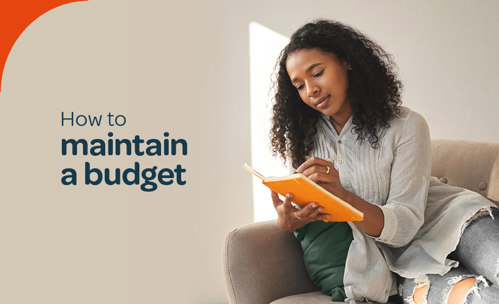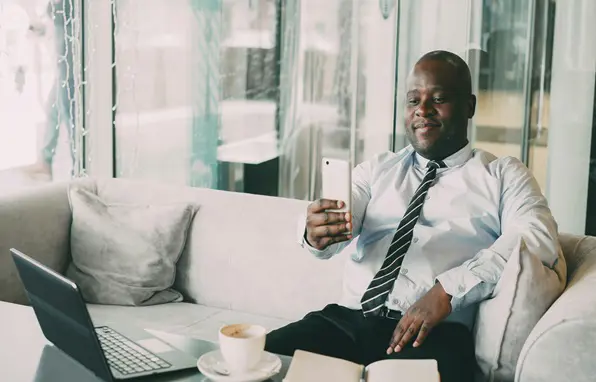How to maintain a personal budget
15 AUGUST 2023
The internet is awash with spreadsheet templates and apps promising to make your personal budgeting as easy as taking a selfie. While there may be many different ways to budget there are a few irrefutable facts that are so fundamental to setting a budget that you cannot get around them.
While there may be many different ways to budget there are a few irrefutable facts that are so fundamental to setting a budget that you cannot get around them.
One such important fact is that a budget is going to require you to look at, and track, numbers. Granted, some people are just not numbers people but avoiding figures completely when budgeting is impossible. The actual challenge is to keep the numbers and equations to a minimum while ensuring that your budget is optimised. The good news is that it’s possible! Let us show you how.
FOUR THINGS TO REMEMBER ABOUT KEEPING YOUR BUDGETING AS SIMPLE AS POSSIBLE
1. A budget should not be hit-and-miss
Putting together an appropriate and functioning personal budget is not a once-off thing. Besides needing updating every-so-often, a budget should also be dynamic. It needs to be appropriate to your needs and to changing circumstances. Like anything, it takes time and patience. If at first, you find that your budget does not seem to work for you, don’t throw the baby out with the bathwater. Nip it, tuck it and tweak it until it is right for you and doing what it is supposed to do.
2. Do not use a credit card until you can budget properly
As has been said before, credit cards are not bad. In fact, they can be very useful and even serve as a valuable tool for managing money. However, until you are comfortable working with your personal budget, don’t touch a credit card! This will help teach you to live within your means. Getting and using a credit card before you are able to live within your means could have devastating results, leaving you with a mountain of debt that you may end up spending the rest of your life trying to get over.
3. It is not a quick-fix
Putting together a personal budget is one of the first positive steps you can make to take control of your financial future. It is however not a once-off or a quick-fix. It is simply a tool. If your personal financial situation is ‘broken’, a budget may be a way to navigate out of a sticky situation. Just remember, it’s not going to happen overnight. In addition, the discipline you learn by constantly monitoring and checking yourself against your budget will be invaluable in building personal resilience when it comes to not being a spendthrift.
4. Track your spending
If you’re someone who is comfortable with numbers and who knows your way around a calculator or a spreadsheet, then go ahead, interrogate your spending over the last month, add up the numbers and see if it, well… adds up. However, if you’re not a numbers person, just looking back through all your spending (without adding up the amounts) will give you a good idea of what you are spending your money on… maybe even a bit of a shock! Try to get into the habit of looking through your receipts and bank statements every month. It is an invaluable way of seeing where it has gone and deciding where it should go in the future.
START YOUR BUDGET
Ultimately, a budget is simply supposed to be a tool to help you pay off debts, not spend more than you earn and to start saving. Go for it!



